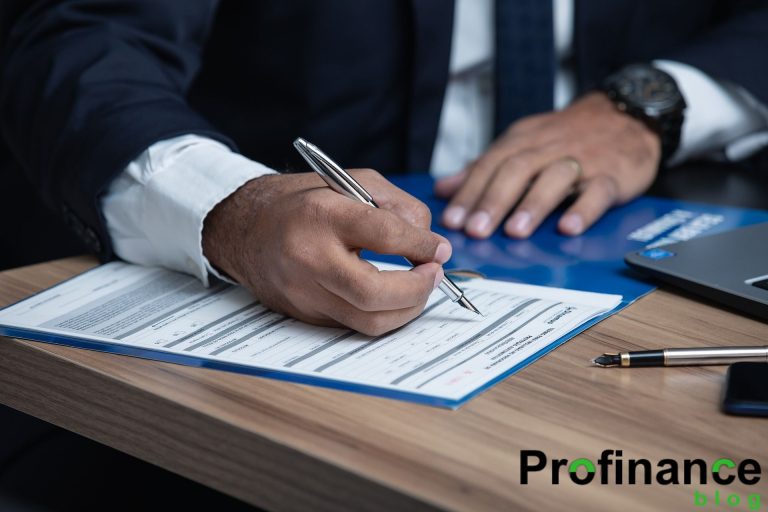When it comes to expenses, you need to be prepared for every eventuality possible. Financial disasters are often something that you see in the news, and yet you may not have prepared at all for any financial disasters that you could face personally. Worrying about the unexpected is rather pointless, as you can’t predict when things are going to go wrong. What you can do, however, is put up a protective shield around your finances, so that when bad things do happen, you can be prepared.
Firstly, you need to understand your current financial situation. You cannot possibly protect yourself from financial pitfalls if you don’t know where your money is going every month. You need to sit down and work out your monthly income from all sources, then you need to list your average spending for each category your money goes out to. Ideally, your income should be higher than your expenses, which will allow you to have room for savings toward the unexpected and for additional insurance to cover you. You can read more at GoMedigap to find out about insurance that can cover you beyond Medicare. You should also consider extra home and contents insurance if you have just moved to a new property, as well as additional car insurance. Health and vehicle issues are the two areas in expenses that often need more coverage, and you need to prepare for things going wrong there – even if it does seem a bit odd to do so.
Next, you need to decide on an emergency budget. Having a solid picture of your finances is really going to help with this, which is why sorting those out comes first. An emergency budget can cover anything from the insurance issues we listed above, to needing a new refrigerator if yours breaks down. The way to create an emergency budget is to look at your fun expenses and work out where you can be willing to make cuts and make space. Swapping your cable TV for Netflix, for example, could save you a good few dollars. Closely comb through your expenses and anything you can drop, do so and move that money toward your savings account.
Once you’ve done this, evaluate exactly where all your money goes. If there are debts to be paid, pay them down as soon as you can to remove them from your expenses each month. If your mortgage is high, shop around and see if you can refinance it at a much lower rate, freeing up some extra cash each month to help you shield those unexpected financial hits. Always ensure that you have good life insurance coverage as a necessity; this will protect you and your family should the worst happen.
Managing your finances isn’t always going to be easy but if you can shield yourself from as many disasters as possible, you can work toward financial stability much sooner than expected. The more cash you have behind you, the better you can shield yourself.




Comments are closed.